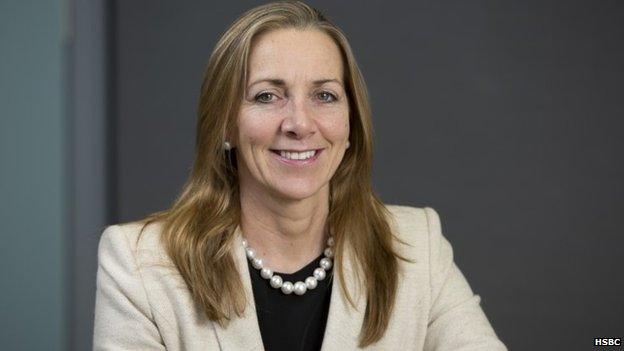Ministers to review enforcement of TV licence payment
- Published
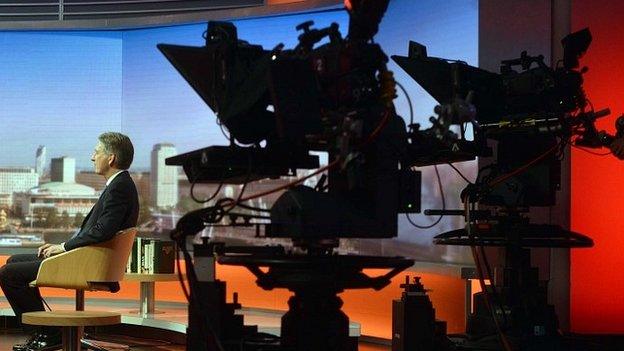
More than £3.7bn in licence fee income was collected in 2013-14
Ministers are to review how payment of the TV licence fee is enforced amid concerns about the number of people appearing in court for evasion.
Culture Secretary Sajid Javid will say more than 10% of all cases heard by magistrates involve TV licences and question whether the system is working.
The review should conclude early in the next Parliament, he will say.
It comes as Rona Fairhead, ministers' preferred candidate to chair the BBC Trust, prepares to face MPs' questions.
The former Financial Times chief executive will be questioned about her views on the future regulation and funding of the BBC when she appears before the Commons Media Select Committee.
The Conservatives and Labour have said they are sympathetic to calls for the decriminalisation of non-payment of the licence fee, which is used to fund BBC services.
Legislation currently going through Parliament would give a future government the power to move towards decriminalisation if it was deemed to be in the public interest.
Taking evidence
In a speech to the Royal Television Society, Mr Javid will say the question of how the BBC enforces payment of the licence fee - currently £145.50 a year for a colour TV - must be considered now.
"In 2012-13, almost 200,000 people ended up in court accused of not buying a TV licence," he will say. "More than 50 were sent to prison.
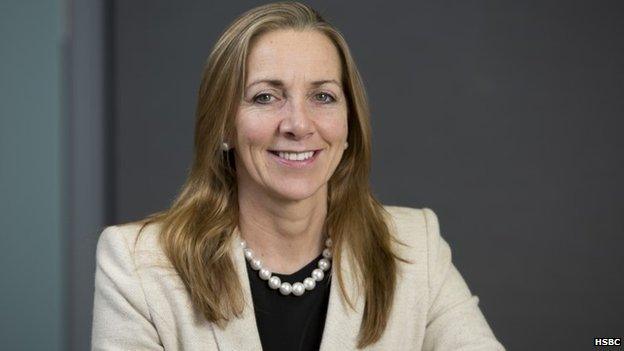
Rona Fairhead will face MPs' questions on Tuesday
"When over 10% of magistrates' court cases concern this one offence, you have to ask whether the current system is really working. So that's exactly what I'm going to do.
"The government is committed to launching a review of decriminalisation once the Deregulation Bill receives Royal Assent. But we can't afford to wait that long. This needs to begin now.
"Very shortly I will be publishing the terms of reference for a review of TV licence enforcement. I expect it to begin taking evidence in the autumn, and to conclude early in the next Parliament."
'Loved services'
Mr Javid will insist the review will not pre-empt renewal of the BBC's Royal Charter, the process of agreeing its future funding and governance arrangements which is due to take place in 2016.
"This will allow it to shape the future of the BBC in a way that works for both the corporation and those who pay for it," he will add.
A spokesman for the BBC, which is is obliged to ensure its collection arrangements are efficient, appropriate and proportionate, said it hoped the review would be thorough and "not rushed".
"Licence fee evasion is low, which maximises investment in the programmes and services that audiences love," he said.
"Changing the system could lead to higher evasion, so it is important that any decisions are made as part of the Charter Review process."
A BBC Trust spokeswoman added that this was an issue that should be discussed "in the round", including the "potential impact on licence fee income and BBC output", with any decisions made as part of the BBC's charter review process.
She said the trust looked forward to engaging fully with the review when the time comes.
The BBC's director of strategy and digital James Purnell has suggested the time taken up by licence fee cases in court was actually much lower than often stated.
"The last fact we saw was that it took up 0.3% of time because most of these cases are processed pretty quickly, about three minutes on average," he told BBC Radio 4's PM programme in March.
- Published21 March 2014
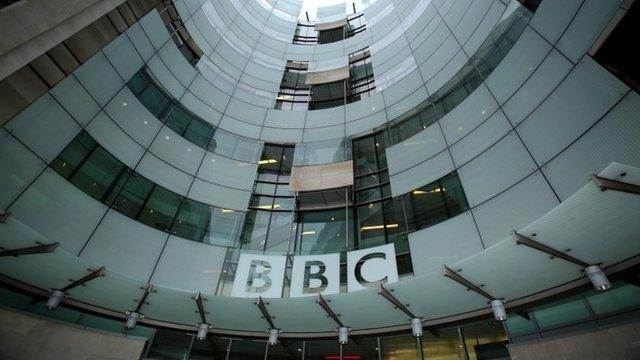
- Published31 August 2014
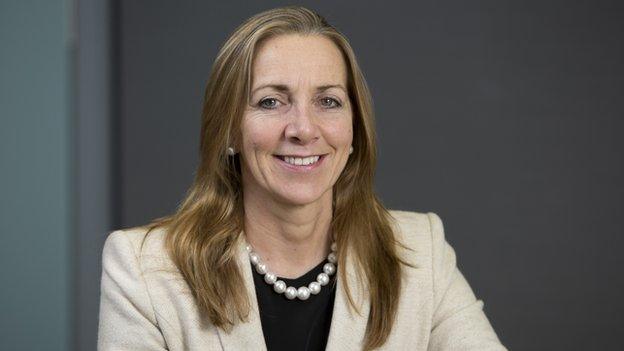
- Published9 September 2014
